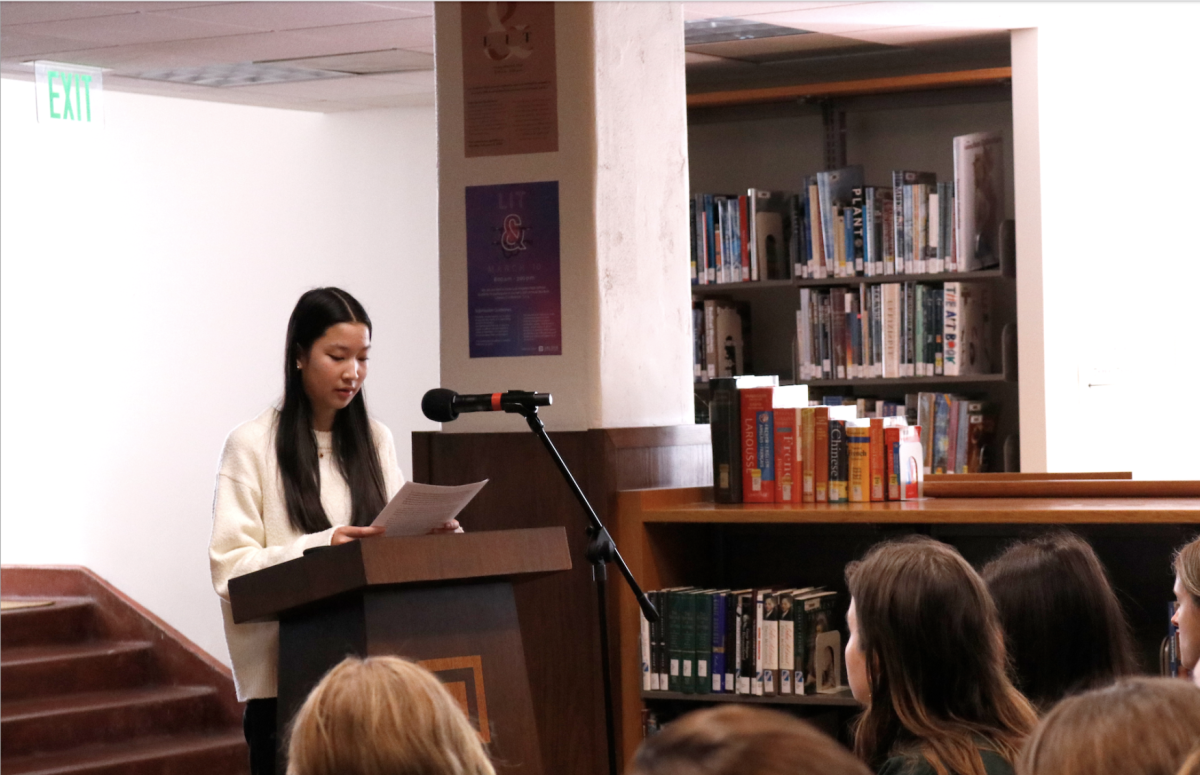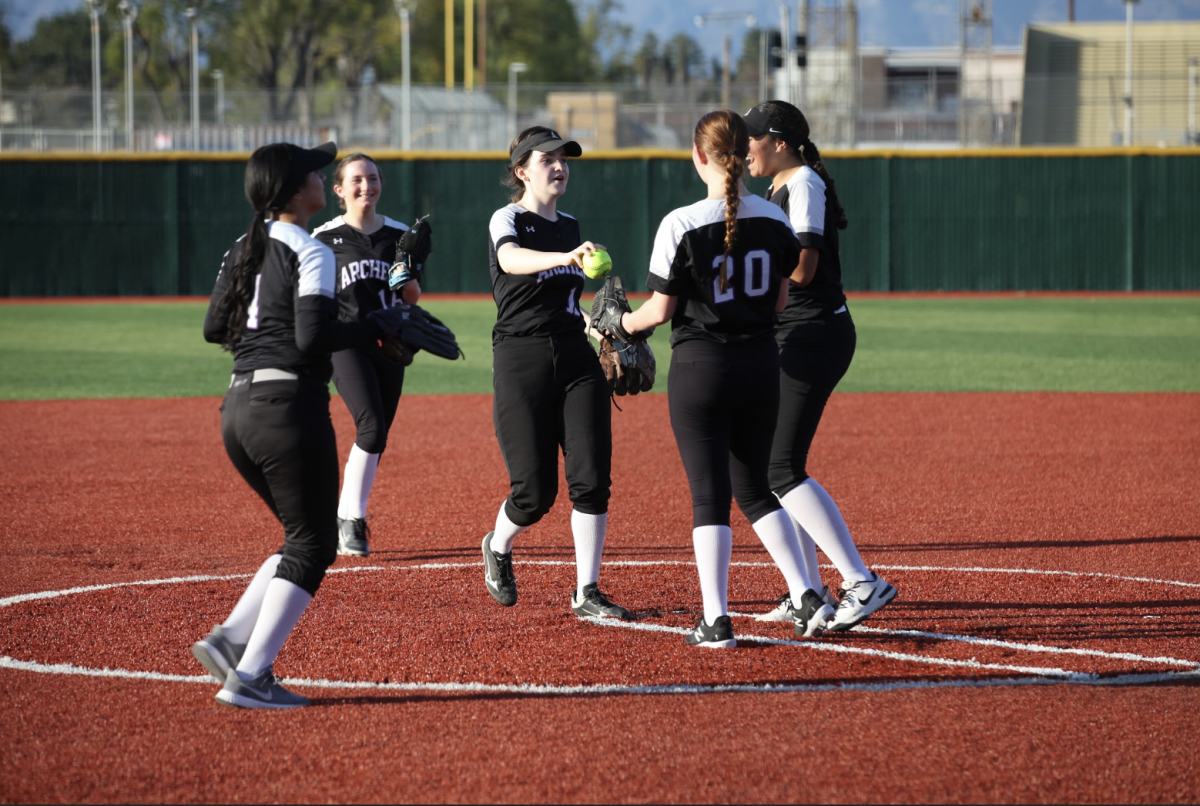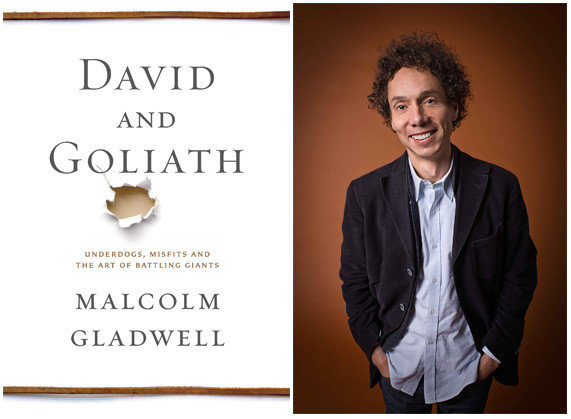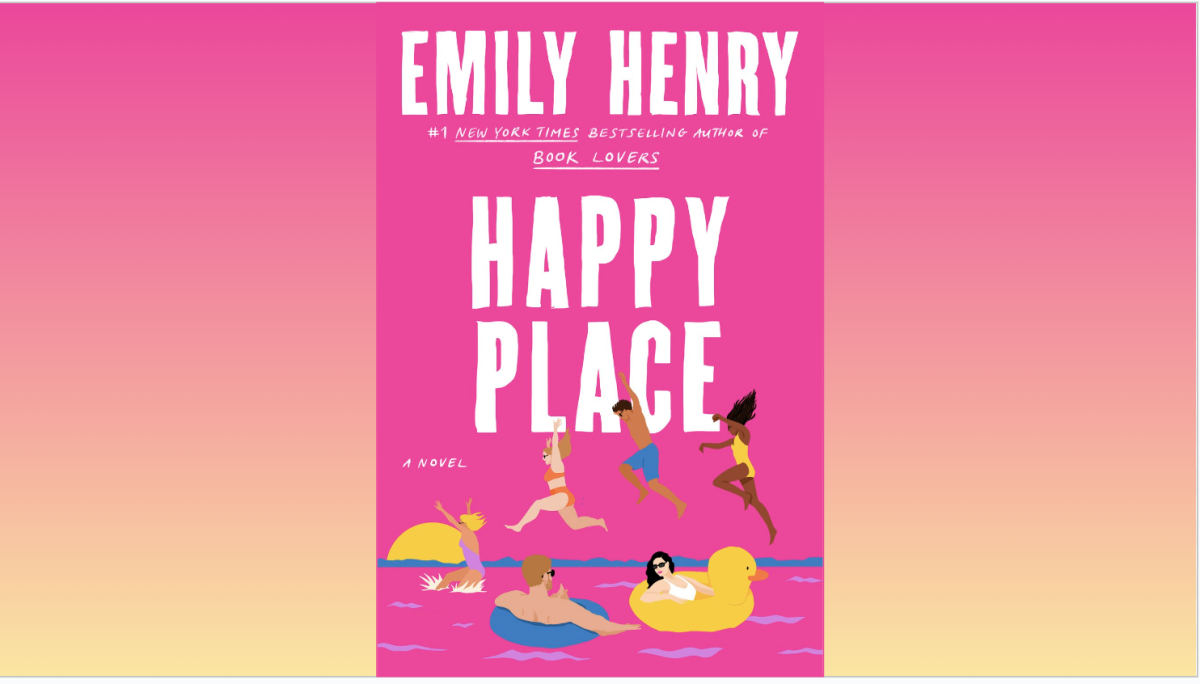Did Goliath have an advantage in his fight with David? Is it worth going to your top choice college only to be a small fish in a big pond? In his newest book, “David and Goliath: Underdogs, Misfits, and the Art of Battling Giants,” Malcolm Gladwell analyzes these supposedly disadvantageous situations.
Gladwell’s book, based on the well-known Biblical fight between David and Goliath, examines why David’s victory could have been caused by Goliath’s immense size.
Goliath may have suffered from an illness, acromegaly, which not only caused rapid growth, but also a vision- impairing pituitary tumor. Therefore, the disorder that gave Goliath a supposed advantage of size might have been a factor that caused him to lose.
Gladwell applies this mode of thought to modern day situations that seem to be a disadvantage: the methods an unskilled girls basketball team uses to win a championship or the potential advantage of dyslexia, a learning disability that might present itself as a disadvantage.
The book gives multiple examples, from the fight for African American civil rights to finding a cure for leukemia. Many people will find topics that interest them.
Gladwell presents an argument that challenges simple notions, like a smaller class is a better class, in a clear and interesting way. His style is clean, effective and engaging.
“David and Goliath: Underdogs, Misfits, and the Art of Battling Giants” is a fascinating book that presents common ideas in different lights.




![Freshman Milan Earl and sophomore Lucy Kaplan sit with their grandparents at Archer’s annual Grandparents and Special Friends Day Friday, March 15. The event took place over three 75-minute sessions. “[I hope my grandparents] gain an understanding about what I do, Kaplan said, because I know they ask a lot of questions and can sort of see what I do in school and what the experience is like to be here.](https://archeroracle.org/wp-content/uploads/2024/03/grandparents-day-option-2-1200x800.jpg)























































